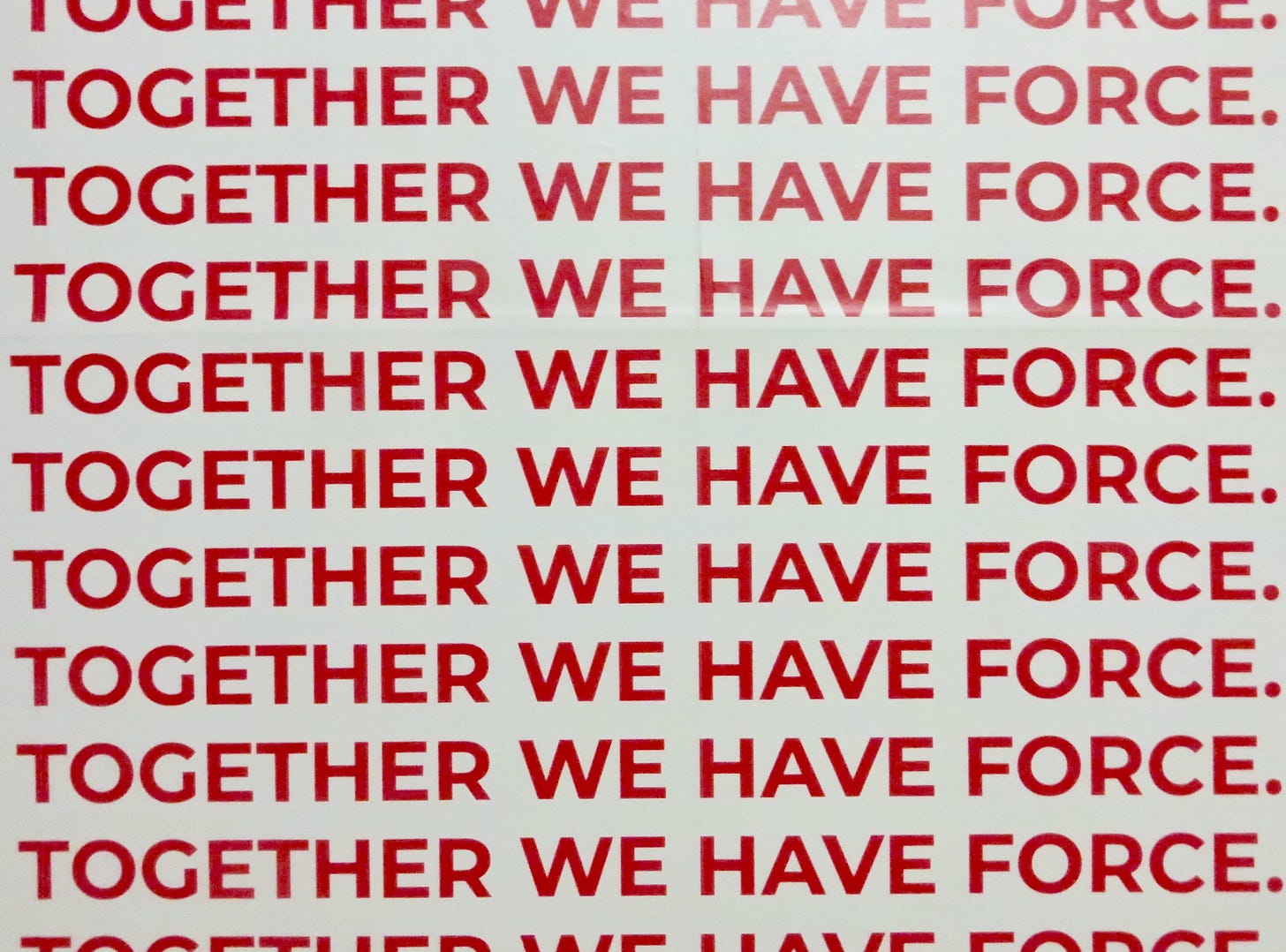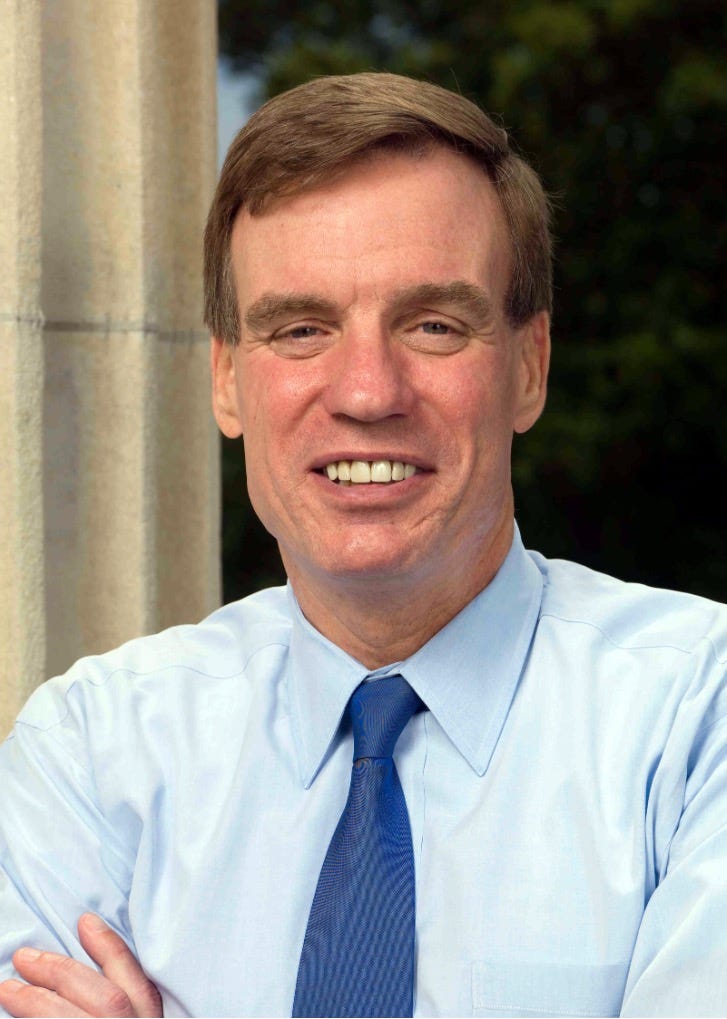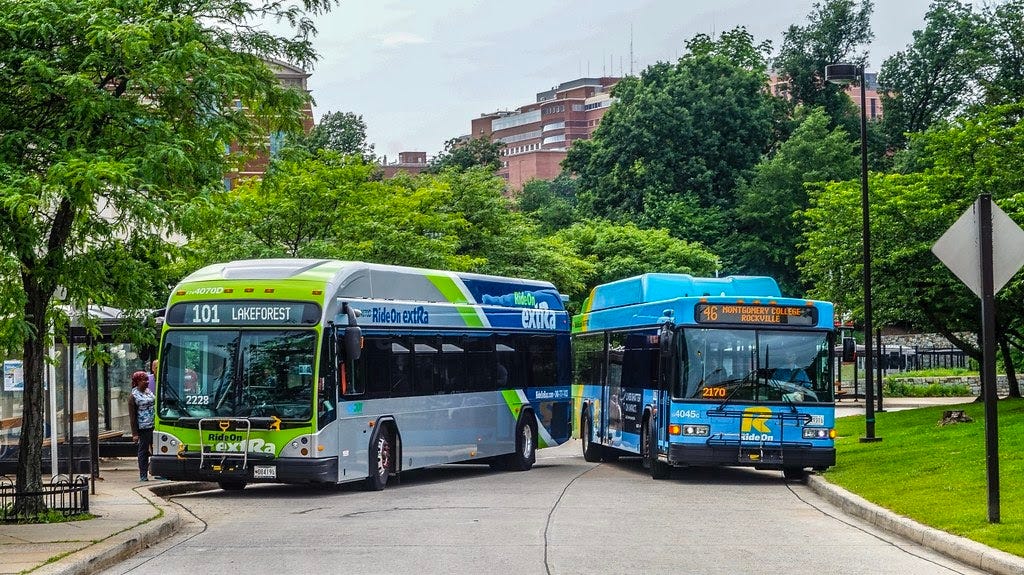MetroNow Dispatch 1.2021
This Dispatch looks towards WMATA's FY 2022 budget, thanks our regional delegation, especially Senator Warner, for securing transit relief, and shares how to be a Transit Champion this month.
Snapshot: WMATA Budget

Believe it or not, it’s budget season again and WMATA is preparing its Fiscal Year 2022 budget which begins July 1 of 2021. The public comment period opens soon, so keep your eyes posted. We encourage all members of the Washington metro area to make their voice heard, as this budget will decide how the region reopens and recovers from the coronavirus pandemic.
Here’s what we know:
The first cut is the deepest, but the worst may have been avoided. The most recent federal stimulus, which provides WMATA roughly $610 million in relief, will allow Metro to avoid the drastic service and staff cuts the agency proposed in November, 2020, and keep buses and trains running at their current levels for the coming year. The Metro Board will meet this Thursday to discuss rolling back their proposed cuts and whether to forgo the 3% increase in their annual subsidy requests from D.C., Maryland, and Virginia in FY22. Even with the $767 million in funding from the CARES Act and the latest stimulus package, large transit agencies such as WMATA still face significant uncertainty. If ridership and revenue remain historically low well into next year, WMATA may be forced to cut service, reduce hours, layoff staff, increase fares, trim maintenance and capital budgets, or some combination thereof.
The bus is essential today, tomorrow, and yesterday. While many of us think Metrorail when we hear WMATA, Metrobus has carried more riders throughout the pandemic. Essential workers and low-income residents are more likely to rely on Metrobus. A complete recovery will require the full restoration of Metrorail service, but a more inclusive recovery requires preserving Metrobus service during the pandemic. When changes are needed to routes, decisions should be made and viewed through WMATA’s Transit Equity Framework. The WMATA Board will vote on Thursday whether to amend the FY 2021 budget and reverse the cuts WMATA proposed to bus service in November. We say yes please.
The bus system needs an overhaul. Even before the pandemic, the regional bus network was in need of an overhaul, with too many overlapping routes, unnecessary detours, and a lack of coordination. Put simply, there are a lot of routes but not enough of a network. Metrobus, and the local bus operators, need to redesign the bus system together to create an easy to understand network of high-frequency routes that connect to the lower-frequency routes that cover the region. Equity, frequency, and reducing travel times should be the top goals of a redesign (a great regional example of this is the DASH bus story) . WMATA, and the region’s elected officials and transit operators should start the planning process in the first half of this year and can use the recently adopted Metrobus Service Guidelines to guide the formulation of a better bus network.
To Fare or Not to Fare. At the start of the pandemic, WMATA and transit agencies around the country stopped collecting fares on buses to prevent contact between drivers and passengers. Given the dire financial situation, WMATA restored fares this month. Before the pandemic, Metrobus fares covered only about ¼ of the operating cost of the Metrobus system. The rest was mostly paid for by local, state, and federal contributions. Long-term, the region needs to debate the trade-offs between charging fares and free transit, which requires more local operating subsidy. In the meantime, MetroNow Coalition encourages DC to work with WMATA to reinstate and expand the low-income fare pilot that was started before the pandemic.
Public comment period opens soon (mid or late-January and generally runs for 3 weeks)! We ask that you or your organization submit public comments to let the WMATA Board know what you think should matter in a budget that will shape the health, well-being, and ability for the region to recover over the next year.
Read more
Norfolk is the next Virginia city to tackle a bus route redesign. Will more follow? (Virginia Mercury 1.5.2021)
“Under the proposed new routes, 140,000 more residents (in a city of 244,000) would be within a quarter mile of a bus or train that arrives every 15 minutes for most of the day, an increase of 57 percent over today. The average person will also be able to access 31 percent more jobs than with the existing network.”Public transit is a lifeline for low-income residents. They will bear the brunt of service cuts. (Washington Post 12.16.2021)
“A large share of workers in the service, hospitality and health-care industries in major cities belong to racial minority groups and are transit-dependent, said Jaime Contreras, a vice president with the Service Employees International Union’s 32BJ affiliate, which represents about 20,000 workers in D.C., Maryland and Virginia.”
Transit Champion of the Month:
Senator Mark Warner
Amid tense COVID relief negotiations, Senator Warner led the charge to ensure that the region’s public transit agencies benefited from emergency transit relief funding. Warner, along with the region’s delegation, continue to prove that the investments we’ve made in public transit are critical to our region’s economic vitality, and our vision of a more inclusive, sustainable recovery.
Read more:
Federal relief bill likely to save Metro from proposed ‘doomsday’ service cuts (Washington Post, 12.21.20)
“The stimulus bill brokered by Congress should eliminate or significantly reduce Metro’s need to cut weekend rail service, lay off one-third of its workforce, close stations and cut Metrobus service in half.”Metro to Get Hundreds of Millions in Funding, Avoid Some Service Cuts (DCist, 12.21.20)
“Metro will likely be able to avoid some of the most drastic service cuts in its budget that begins in July after Congress passed a $900 billion relief package on Monday. However, the transit agency has not said what cuts it aims to eliminate first.”
Next Stop: Better Buses in Montgomery County
Last month, the Coalition for Smarter Growth launched a new campaign for better buses in Montgomery County with a broad coalition of partners. Nearly 30 organizations — including labor, climate and transit advocates, service providers, and community organizations — want Ride On and Metrobus routes redesigned, service improvements, fares to stay free through and after the pandemic, and a carbon-neutral fleet. You can watch a video of the campaign launch event here and read the coalition's full platform here. Is your county ready for a better bus campaign?
Checklist for Transit Champions

We all can be Transit Champions this month by making our voices heard in support of better, more equitable transit service across the region:
Encourage transit along the I-495 American Legion Bridge corridor by Feb. 1
Participate in Transit Equity Day on Feb. 4
Comment and support better buses in the WMATA FY 2022 Budget by Feb. 9
For Marylanders - write your state reps in support of the Transit Safety & Investment Act
For Fairfaxers - comment on the Fairfax Connector Strategic Plan by Feb. 19
Subscribe + Share!
Sharing is caring! Share the MetroNow Dispatch with any friends, colleagues, or family members who want to join us for the ride!
Follow @MetroNow on Twitter for daily tidbits of transit gold.
Reach out to us directly with any feedback, hot takes, or ideas for future newsletter topics: info@metronow.com
The MetroNow Coalition is made up of regional leaders from the business, non-profit, and advocacy communities who believe that transit is designed to bring us together —at work, school, and play. Today, we believe our collective advocacy for better transit for the Washington DC region is more important than ever.
We launched the MetroNow Dispatch to bring residents, leaders, and transit agencies together to think about how we can make better transit today, during the pandemic, and “tomorrow,” as we look beyond recovery to how we can build a more equitable, sustainable, and accessible transportation system for our region.





